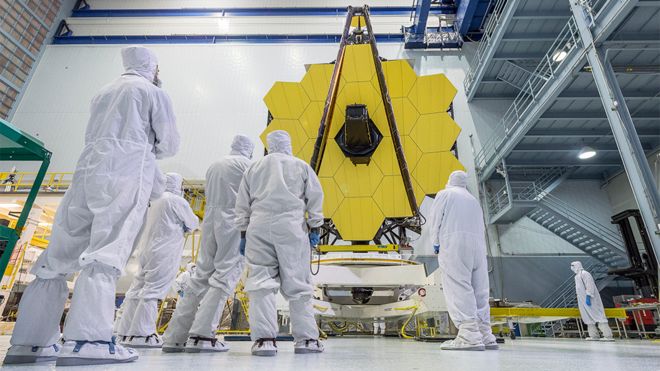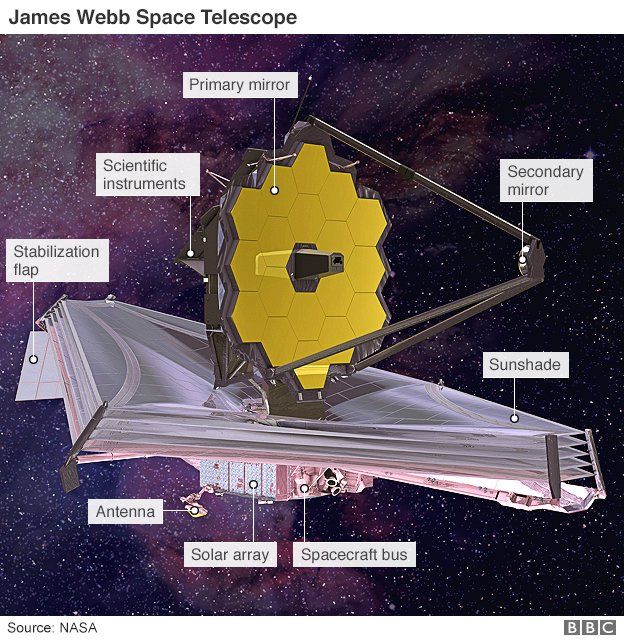Navigation
Install the app
How to install the app on iOS
Follow along with the video below to see how to install our site as a web app on your home screen.
Note: This feature may not be available in some browsers.
More options
You are using an out of date browser. It may not display this or other websites correctly.
You should upgrade or use an alternative browser.
You should upgrade or use an alternative browser.
NASA Launch
- Thread starter jadeX
- Start date
Nole
Active Member
- Aug 14, 2012
- 683
- 127
- 28
the space coast is a special place, I was born and raised there, watching launches from my front yard.
I can say its a absolute pleasure to be part of the they best space flight outfit on earth and certainly in our solar system.
We have a Atlas launch on the 19th, the bird will be a remote controlled radar which will now be the second in a series of 4 (maybe 5) of birds that can track new events from space and give us never before seen readiness in case of a incident. This bird will also help support the SSN, which is what I support the majority of my time.
Spaceflight Now | Atlas Launch Report | Atlas 5 fitted with satellite payload for next launch

I can say its a absolute pleasure to be part of the they best space flight outfit on earth and certainly in our solar system.
We have a Atlas launch on the 19th, the bird will be a remote controlled radar which will now be the second in a series of 4 (maybe 5) of birds that can track new events from space and give us never before seen readiness in case of a incident. This bird will also help support the SSN, which is what I support the majority of my time.
Spaceflight Now | Atlas Launch Report | Atlas 5 fitted with satellite payload for next launch

Last edited:
waltky
Wise ol' monkey
Could Nasa's James Webb Space Telescope detect alien life?...

Could Nasa's James Webb Space Telescope detect alien life?
7 September 2018 - If it does launch as currently scheduled in 2021, it will be 14 years late. When finally in position, though - orbiting the Sun 1.5 million km from Earth - Nasa's James Webb Space Telescope promises an astronomical revolution.
Could Nasa's James Webb Space Telescope detect alien life?
7 September 2018 - If it does launch as currently scheduled in 2021, it will be 14 years late. When finally in position, though - orbiting the Sun 1.5 million km from Earth - Nasa's James Webb Space Telescope promises an astronomical revolution.
The US space agency boasts that it will literally "look back in time to see the very first galaxies that formed in the early Universe". As if those claims were not bold enough, scientists have now surmised that the eventual successor to the world famous and beloved Hubble Space Telescope may - thanks to its 6.5m golden mirror and exquisitely sensitive cameras - have a another extraordinary talent. The JWST, as it is called, may be able to look for signs of alien life - detecting whether atmospheres of planets orbiting nearby stars are being modified by that life.

Webb contains novel technologies that have never previously been flown in space
Despite this, the project to build it narrowly survived cancellation by the US Government in 2011. That was in no small part down to its (perhaps appropriately) astronomical cost - an estimated $10bn rather than its originally planned $1bn. Back on Earth, however, astronomers - including the University of Washington team who proposed "life-detection" observations using the telescope - are unerringly thrilled at the prospect of its launch.
How do you detect life on distant planets?
University of Washington astronomer Joshua Krissansen-Totton and his team have looked into whether the telescope could detect signs of what they call "biosignatures" in the atmospheres of planets that are orbiting a nearby star. "We could do these life-detection observations in the next few years," says Mr Krissansen-Totton. The basis for this search may lie in JWST being so sensitive to light that it could pick up so-called "atmospheric chemical disequilibrium". It may not be a catchy term, but it is an idea with a long heritage, promoted by celebrated scientists James Lovelock and Carl Sagan. The reasoning is that if all life on Earth disappeared tomorrow, the many gases which make up our atmosphere would undergo natural chemical reactions, and the atmosphere would slowly revert to a different chemical mixture. It is continually held away from this state by organisms on our planet expelling waste gases as they live.

Because of this, searching for signs of oxygen (or its chemical cousin ozone) has long been thought to be a good way of finding life. But this does rest on the assumption that extraterrestrial life runs by the same biological rules as our own. It might not. Therefore, assessing atmospheric chemical disequilibrium - looking for other gases and figuring out how far out of kilter from "normal' a planet's atmosphere sits - could be key to finding alien life of any kind. The chemical make-up of the atmosphere of a planet orbitin g another star can be measured in light by carefully measuring the minuscule dip in starlight as the planet passes between us and the star during the planet's orbit. The gases in the planet's atmosphere cause the light reduction to vary with the wavelength - or colour - of light, revealing information about how much of each chemical is present.
Where is the best place to look?
DJT for Life
Gold Member
- Jun 21, 2017
- 3,468
- 899
- 195
Well, the Russians have announced that they will not ferry our
astronauts to the ISS anymore so unless we get another vehicle
Americans will not be going into space for awhile.
astronauts to the ISS anymore so unless we get another vehicle
Americans will not be going into space for awhile.
Similar threads
- Replies
- 47
- Views
- 421
- Replies
- 16
- Views
- 277
- Replies
- 8
- Views
- 134
- Replies
- 1
- Views
- 58
- Replies
- 16
- Views
- 178
Latest Discussions
- Replies
- 167
- Views
- 3K
- Replies
- 1
- Views
- 2
- Replies
- 0
- Views
- 3
Forum List
-
-
-
-
-
Political Satire 8497
-
-
-
-
-
-
-
-
-
-
-
-
-
-
-
-
-
-
-
ObamaCare 781
-
-
-
-
-
-
-
-
-
-
-
Member Usernotes 482
-
-
-
-
-
-
-
-
-
-